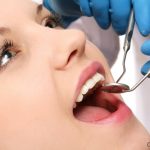Smoking After Teeth Extraction: How Long Should You Wait?
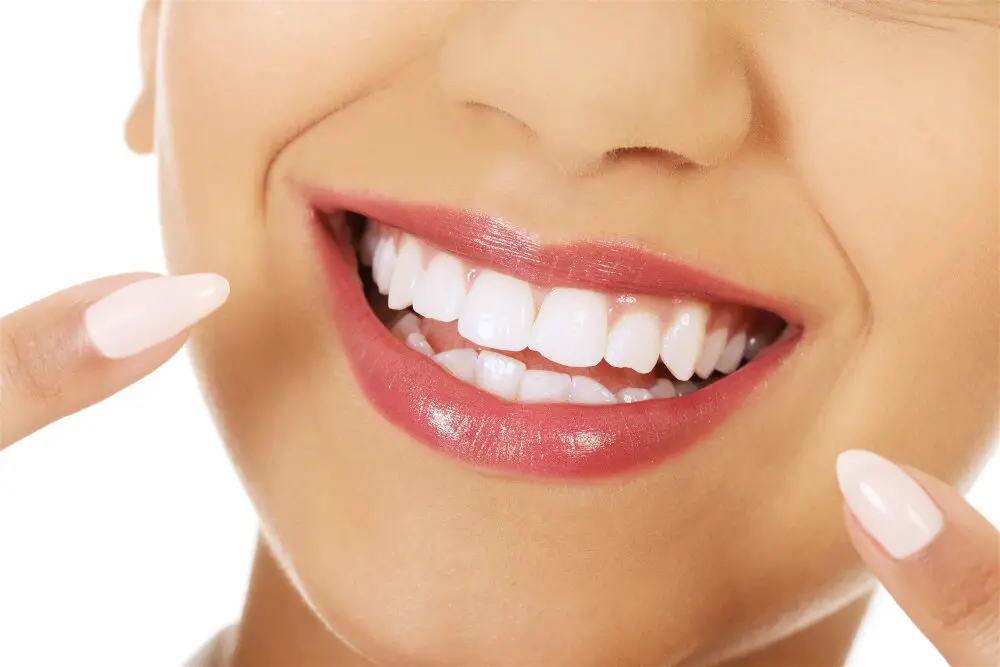
Smoking is one of the most addictive habits that pose serious health risks to individuals. However, its negative impact on oral health is often overlooked. One of the major concerns is smoking after teeth extraction. Tooth extraction is a common dental procedure that involves the removal of a tooth from its socket. Smoking after tooth extraction can delay the healing process, increase the risk of infection, and cause serious complications. Therefore, it is crucial to understand how long one should wait before smoking to avoid any adverse effects. The length of time one should wait before smoking after teeth extraction primarily depends on the individual’s overall health and the complexity of the extraction procedure. Typically, dentists recommend waiting for at least 48 to 72 hours before smoking. This waiting period allows the blood clot to form in the extraction socket, which is crucial for the healing process. Smoking immediately after tooth extraction can dislodge the blood clot, leading to a condition known as dry socket, which causes severe pain and discomfort. Additionally, smoking can increase the risk of infection, delay the healing process, and affect the overall success of the procedure.
Smoking after teeth extraction is harmful due to various reasons. The smoke from cigarettes contains harmful chemicals that can interfere with the healing process of the extraction site. The nicotine in cigarettes can constrict blood vessels, causing decreased blood flow to the affected area and delaying the healing process. Smoking can also increase the risk of developing dry socket, a painful condition that occurs when the blood clot at the extraction site dislodges. Additionally, smoking can weaken the immune system, making it harder for the body to fight off infections. Therefore, it is highly recommended to avoid smoking for at least 72 hours after tooth extraction to ensure proper healing and minimize the risk of complications.
Waiting for a specific amount of time before smoking after a tooth extraction is crucial for the healing process. Smoking can disrupt the blood clot formation, which is essential for the wound to heal. It can also reduce oxygen supply to the affected area, leading to delayed healing, infection, and even dry socket. Therefore, it is recommended to wait at least 48 to 72 hours before smoking after tooth extraction. However, depending on the complexity of the extraction, the dentist may advise waiting for a longer period. In any case, it is best to prioritize your oral health and follow the dentist’s instructions to ensure a smooth and speedy recovery.
Effects of Smoking After Teeth Extraction
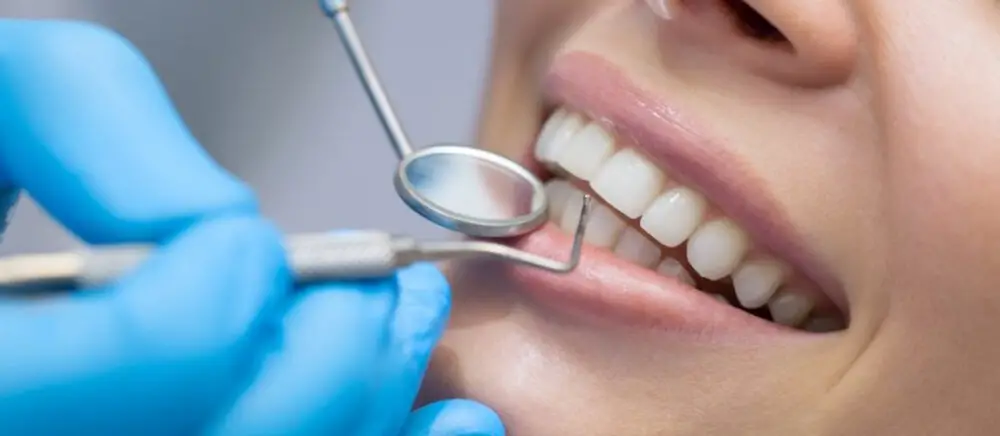
After undergoing a tooth extraction procedure, it is crucial to take good care of your oral health and follow the post-operative instructions provided by your dentist. Smoking after a tooth extraction can significantly increase the risk of developing complications such as dry socket, delayed healing, and infection. Nicotine and other harmful chemicals in cigarettes can constrict blood vessels, resulting in reduced blood flow to the affected area, which can delay healing and increase the risk of infection. Moreover, smoking can also affect the immune system, making it harder for the body to fight off infections and heal from the procedure. Therefore, it is highly recommended to avoid smoking for at least 72 hours after a tooth extraction to reduce the risk of complications and promote faster healing. Additionally, smoking after a tooth extraction can also impact the success of dental implants or other restorative procedures in the future. Smoking can weaken the bone structure in the jaw, which is crucial for supporting dental implants or other restorative devices. Furthermore, smoking can also cause gum disease, which can lead to tooth loss and other oral health problems. Therefore, if you are a smoker and planning to undergo a restorative dental procedure, it is recommended to quit smoking or at least avoid smoking for an extended period before and after the procedure to minimize the risk of complications and ensure better outcomes.
Smoking after teeth extraction can have numerous harmful effects on your body and oral health. Firstly, smoking can slow down the healing process of the extraction site, leading to painful complications such as dry socket. This is because smoking constricts blood vessels, reducing the blood flow and oxygen supply to the damaged area, which is crucial for healing. Secondly, smoking can increase the risk of infection, as it weakens the immune system and exposes the site to harmful bacteria. Thirdly, smoking can stain the teeth and cause bad breath, which can affect your overall oral hygiene and appearance. Therefore, it is highly recommended to avoid smoking for at least 72 hours after teeth extraction to allow the site to heal properly and avoid any potential complications.
Smoking after teeth extraction can lead to numerous problems, including an increased risk of infection and dry socket. When you smoke, the chemicals in cigarettes can irritate the tissues in your mouth, slowing down the healing process and making it more difficult for your immune system to fight off infections. Additionally, smoking can disrupt blood flow to the extraction site, which can prevent necessary nutrients and oxygen from reaching the area. This can increase your chances of developing a dry socket, which is a painful condition that occurs when the blood clot that forms after extraction becomes dislodged or dissolves prematurely. To avoid these complications, it is best to wait at least 48 to 72 hours after your extraction before smoking again.
Delayed healing process is a common issue that many people experience after dental procedures such as tooth extraction. It occurs due to various reasons, including smoking, poor oral hygiene, and underlying medical conditions. Smoking is known to significantly affect the healing process, as it reduces blood flow to the gums, depriving them of vital nutrients and oxygen. This can lead to increased inflammation, pain, and a longer recovery period. Additionally, smoking weakens the immune system, making it harder for the body to fight off infections that may arise during the healing process. Patients who smoke should wait at least 72 hours after tooth extraction before lighting up again to ensure proper healing and reduce the risk of complications.
After a tooth extraction, it is important to follow the post-operative instructions given by your dentist or oral surgeon. One of the most important instructions is to avoid smoking for a certain period of time. This is because smoking can cause a delay in the healing process and increase pain and discomfort. When you smoke, the chemicals in the tobacco can reduce blood flow to the affected area, which can slow down the healing process. This may cause the extraction site to become inflamed, leading to increased pain and discomfort. Additionally, smoking can cause a dry socket, which is a painful condition where the blood clot that forms after the extraction is dislodged, exposing the bone and nerves underneath. In short, smoking after a tooth extraction can be detrimental to the healing process and lead to increased pain and discomfort.
How Long Should You Wait?
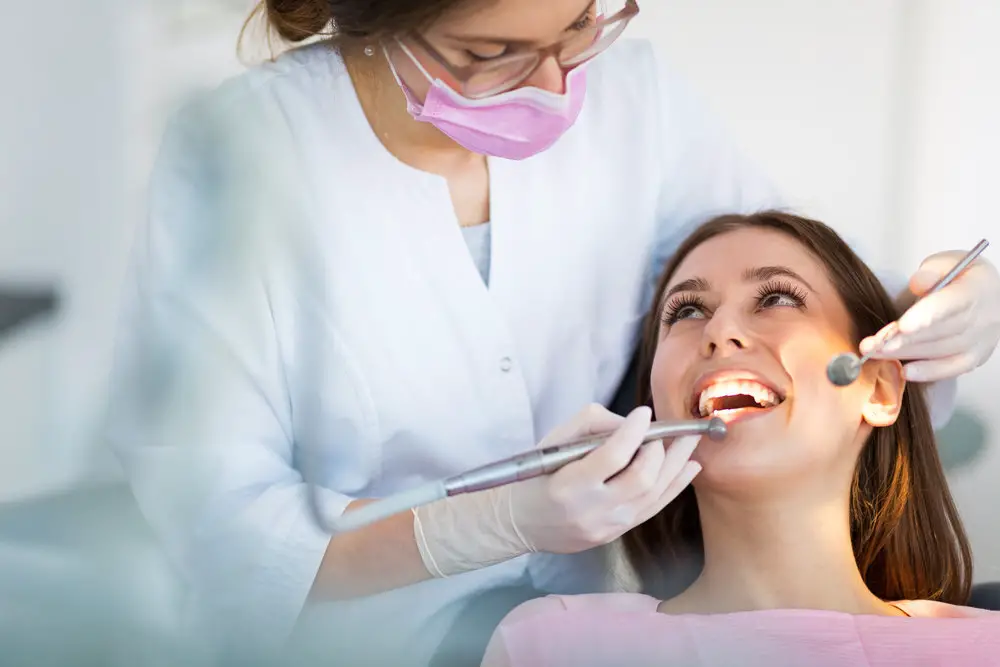
It is essential to understand the importance of waiting after teeth extraction before indulging in activities that may affect the healing process, such as smoking. Smoking after teeth extraction can be detrimental to the healing process, and it is recommended to wait for at least 72 hours before smoking. Smoking can lead to dry socket, a condition where the blood clot that forms after extraction dislodges, exposing the bone and nerves, causing immense pain. The waiting period after teeth extraction may vary depending on the individual’s healing process and the type of extraction performed. It is essential to follow the dentist’s instructions and take any prescribed medication to aid in the healing process. Moreover, avoiding smoking for an extended period after extraction can promote healing and reduce the risk of developing complications. It is crucial to understand that smoking can affect the body’s ability to heal and can lead to prolonged healing times, making it essential to avoid smoking for as long as possible after teeth extraction.
After teeth extraction, it is highly recommended to avoid smoking for as long as possible. This is because the chemicals present in cigarettes can hinder the healing process and cause further complications. It is generally recommended to wait at least 72 hours before smoking after teeth extraction. However, it is always best to consult with your dentist or oral surgeon to determine the appropriate waiting time based on the nature of the extraction and your overall health condition. Additionally, it is important to maintain good oral hygiene and follow post-operative care instructions diligently to ensure a smooth and successful recovery.
Several factors can affect the waiting time after smoking following teeth extraction. Firstly, the extent of the surgery and the number of teeth extracted plays a significant role in determining the healing process. Secondly, the patient’s overall health and adherence to post-operative instructions are important determinants of the waiting time. Thirdly, smoking habits can also affect the healing process, as smoking can constrict blood vessels and reduce the supply of oxygen and nutrients to the extraction site. Additionally, the frequency and duration of smoking before and after the extraction procedure can also impact the waiting time. Therefore, it is essential to follow the dentist’s recommendations and avoid smoking for the recommended period to ensure proper healing and avoid complications.
Following the dentist’s instructions is crucial for maintaining good oral health and ensuring proper healing after a dental procedure. In the case of smoking after a teeth extraction procedure, it is essential to follow the dentist’s advice on when to resume smoking. Smoking can delay healing and cause complications such as dry socket, which can be painful and require further treatment. By following the dentist’s recommendations and refraining from smoking for the recommended period, patients can ensure a quicker and more successful recovery. It is important to prioritize oral health and follow the instructions of dental professionals to prevent any complications and maintain a healthy smile.
Alternatives to Smoking After Teeth Extraction
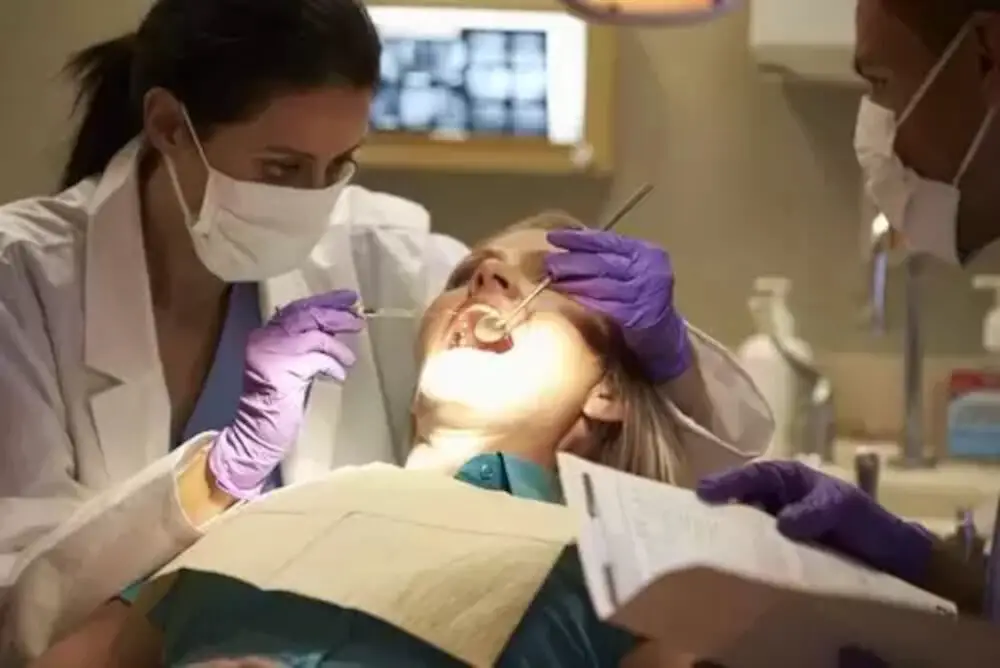
After having a tooth extracted, smoking can significantly prolong the healing process and increase the risk of complications such as dry socket. For this reason, it is strongly recommended that patients refrain from smoking for at least 72 hours after the procedure. However, quitting smoking altogether is even better for your overall oral and overall health. There are several alternatives to smoking that can help reduce cravings and ease the transition to a smoke-free lifestyle. One alternative to smoking is nicotine replacement therapy, which can come in the form of gum, patches, lozenges, or inhalers. These products provide a controlled dose of nicotine to help manage cravings and reduce withdrawal symptoms. Another option is to use smoking cessation medications such as bupropion or varenicline, which can help reduce the urge to smoke and make quitting easier. Additionally, engaging in physical activity, practicing mindfulness and deep-breathing exercises, and seeking support from friends and family can all be helpful in managing cravings and staying smoke-free.
After teeth extraction, smoking can significantly slow down the healing process and increase the risk of complications such as dry socket. Therefore, it is crucial to consider alternative ways to avoid smoking. Nicotine patches, gum, and lozenges can help alleviate the cravings without inhaling smoke. Moreover, engaging in physical activity or practicing relaxation techniques can help reduce stress levels, which often trigger the urge to smoke. Herbal remedies such as chamomile tea or aromatherapy with essential oils can also be beneficial in reducing anxiety and promoting relaxation. Ultimately, quitting smoking altogether is the best course of action to ensure a speedy and uneventful recovery after teeth extraction.
Nicotine replacement therapy (NRT) is a type of treatment that helps individuals quit smoking by providing them with a safe and controlled level of nicotine. This therapy comes in various forms such as nicotine patches, gum, inhalers, and lozenges, and works by reducing the withdrawal symptoms that occur when a person stops smoking. NRT can be an effective tool for individuals who are trying to quit smoking after a dental extraction, as it can help manage the urge to smoke during the healing process. However, it is important to note that NRT is not a standalone solution, and should be used in conjunction with other behavioral and lifestyle changes for the best chance of success in quitting smoking for good.
Relaxation techniques are an effective way to deal with anxiety and stress that often accompanies dental procedures, such as teeth extraction. Deep breathing exercises, progressive muscle relaxation, and visualization techniques can help reduce the physical and emotional tension that can exacerbate the discomfort associated with tooth extraction. By calming the mind and body, relaxation techniques can also help to reduce inflammation, promote healing, and improve overall wellbeing. Incorporating relaxation techniques into your routine can help you manage the discomfort and anxiety associated with tooth extraction and support your long-term health and well-being.
Tips for Quitting Smoking
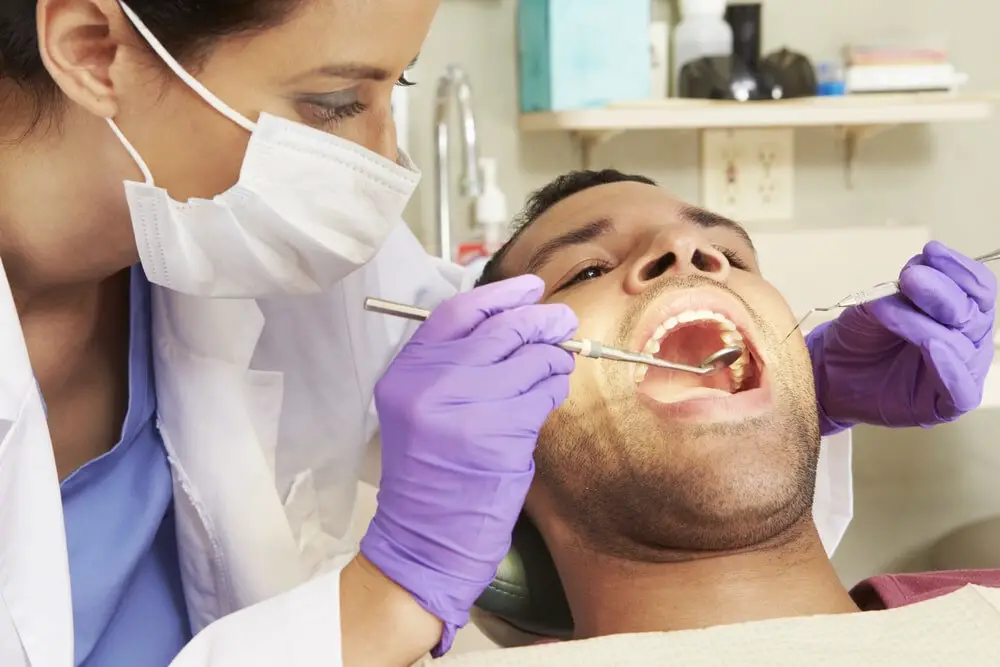
Smoking is one of the most harmful habits that can cause serious health problems over time. Quitting smoking is a challenging task, but it is not impossible. There are several tips that can help you quit smoking for good. First, it is important to set a quit date. This will give you a goal to work towards and help you mentally prepare for the challenge ahead. You should also consider using nicotine replacement therapy, such as gum or patches, to help ease withdrawal symptoms. Additionally, finding a support group or accountability partner can provide the encouragement and motivation you need to successfully quit smoking. It is important to note that quitting smoking can have a positive impact on your oral health, especially after a teeth extraction. Smoking can hinder the healing process and increase the risk of infection, which can lead to further complications. Therefore, it is recommended to wait at least 72 hours before smoking after a teeth extraction. However, it is best to avoid smoking altogether to ensure proper healing and reduce the risk of complications. Remember, quitting smoking is not only beneficial for your oral health, but it also improves your overall health and quality of life.
Quitting smoking is crucial for overall health as smoking harms almost every organ in the body, including the lungs, heart, blood vessels, and oral cavity. The chemicals in cigarette smoke can cause respiratory and cardiovascular diseases, lung cancer, and even tooth loss. Smoking also impairs the immune system’s ability to fight infections and slows down the healing process, making it more difficult for the body to recover from injuries and surgeries, such as tooth extraction. By quitting smoking, individuals can reduce their risk of these health problems and improve their overall quality of life. It is essential to wait for at least 72 hours after a tooth extraction to smoke to prevent complications and ensure proper healing.
Quitting smoking is an essential step in promoting good oral health, especially after teeth extraction. To quit smoking, one must begin by setting a quit date and preparing for it. This involves identifying triggers and finding healthier alternatives to smoking, such as chewing gum or engaging in physical activity. Seeking support from family and friends or a support group can also be beneficial. Nicotine replacement therapy, such as patches or gum, can help manage cravings during the quitting process. Additionally, practicing good self-care, such as eating a healthy diet, getting enough sleep, and reducing stress, can also aid in quitting smoking. Though it may be challenging at first, quitting smoking can lead to a healthier and happier life.
Quitting smoking is a challenging task, but it is essential for your overall health and well-being. Fortunately, there are many support resources available to help you through the process. You can start by talking to your doctor or dentist, who can provide you with information on smoking cessation programs, support groups, and medication that can help you quit. Additionally, there are many online resources available, such as educational materials, forums, and chat rooms, that can provide you with encouragement and support throughout your journey. With the right support and resources, you can successfully quit smoking and improve your oral and overall health.
Smoking after teeth extraction is not recommended due to its harmful effects on the healing process. Nicotine and other chemicals in cigarettes can constrict blood vessels, reducing the amount of oxygen and nutrients that reach the healing site. This can slow down the healing process and increase the risk of complications such as infection or dry socket. Smoking also weakens the immune system, making it harder for the body to fight off infections. As a result, dental professionals recommend waiting at least 72 hours after a tooth extraction before smoking to minimize the risk of complications and promote faster healing. However, it is always best to quit smoking altogether to improve overall oral and general health.
It is crucial to wait for a specific amount of time before smoking after teeth extraction. The act of smoking introduces heat, chemicals, and bacteria into the mouth, which can lead to complications in the healing process. The heat from smoking can cause blood vessels to constrict, reducing blood flow to the extraction site and slowing down the healing process. Moreover, the chemicals present in cigarettes can irritate the wound site, leading to inflammation and delayed healing. Waiting for the recommended time before smoking can greatly reduce the risk of complications such as dry socket, infection, and prolonged healing time. In order to ensure a smooth and successful recovery, it is important to follow the dentist’s instructions and wait for the recommended time before smoking.
Quitting smoking is one of the best decisions a person can make for their overall health. Smoking not only affects the lungs but also the heart, brain, and teeth. It increases the risk of developing various diseases such as cancer, heart disease, and stroke. Smoking also slows down the healing process, especially after a dental extraction. It is essential to quit smoking to promote healing and prevent complications such as dry socket. By quitting smoking, individuals can improve their overall health and reduce the risk of developing various diseases, leading to a healthier and happier life. It may be challenging to quit smoking, but the long-term benefits are well worth the effort.
Conclusion

In conclusion, smoking after teeth extraction can significantly delay the healing process and increase the risk of complications. It is highly recommended to wait at least 72 hours before smoking to allow the clot to form and reduce the chances of dry socket. However, it is best to quit smoking altogether to promote a healthy recovery and prevent further damage to oral health. Your oral health is an essential part of your overall well-being, and taking the necessary precautions to promote healing after teeth extraction is essential to achieving the best possible outcome.
